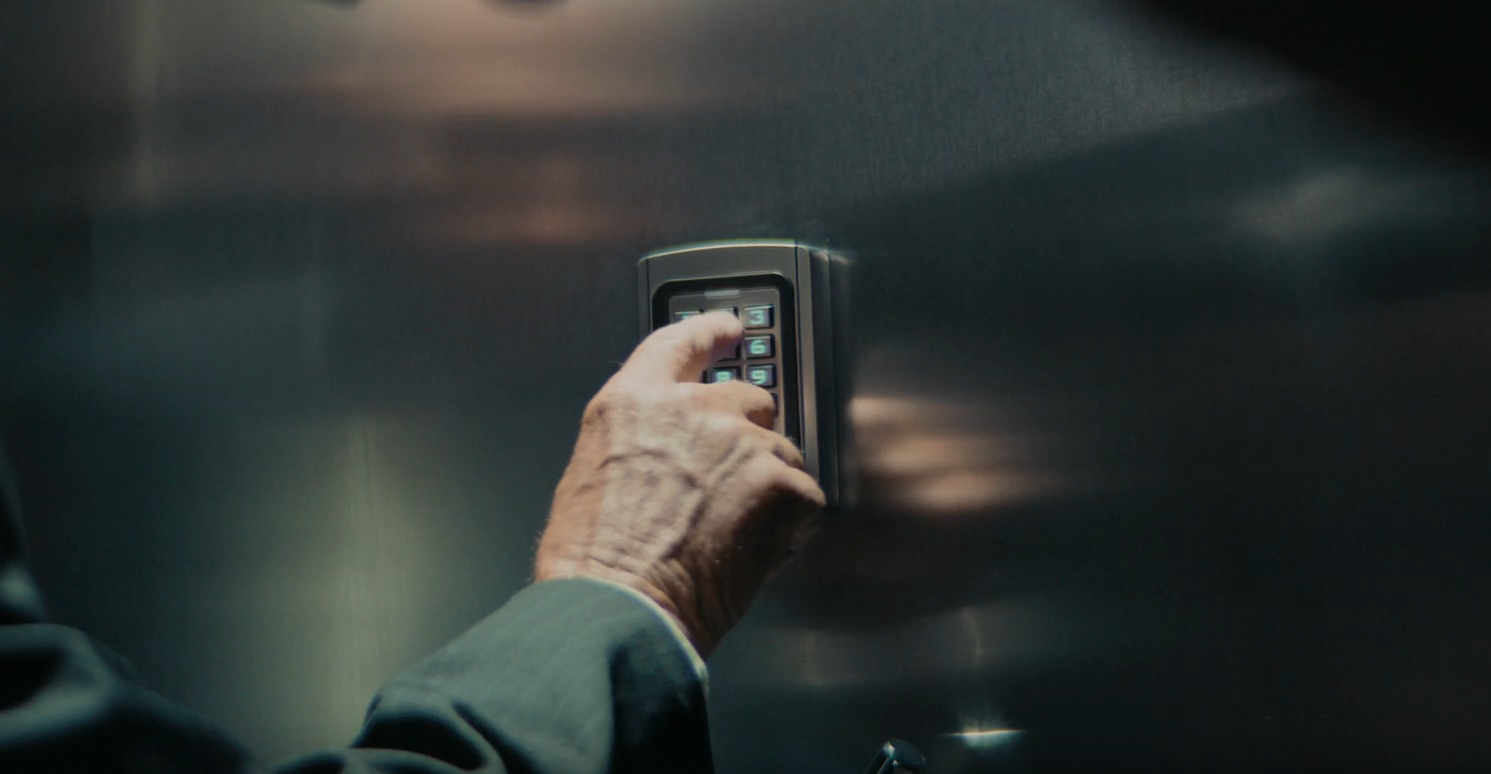In an era where technology is intertwined with our daily lives, the concept of a smart home has transitioned from a luxury to a necessity for many. Among the myriad of advancements, smart home security systems stand out as a pivotal component in safeguarding our homes.
As someone who has embraced this technology, I’ve witnessed firsthand the profound impact it has on peace of mind and convenience. In this blog post, we’ll explore the multifaceted benefits of installing a smart home security system into your life.
1. Protecting Your Valuables
The primary role of any security system is to protect, and smart home security systems excel in this regard. My personal experience echoes the statistics: the presence of a smart security system has been a deterrent to potential burglaries.
The advanced features of these systems, such as high-definition cameras and motion sensors, provide a robust defense against intrusions. The peace of mind that comes from knowing your possessions are monitored around the clock is invaluable.
- Real-time alerts: Receive notifications the moment any unusual activity is detected.
- Evidence collection: In the unfortunate event of a break-in, your system can provide crucial evidence to law enforcement.
Seamless Integration with Home Automation
The beauty of smart security systems lies in their ability to integrate seamlessly with other smart home devices. I’ve set up my system to work in tandem with smart lighting and locks, creating a cohesive and responsive security protocol. This integration not only enhances security but also adds a layer of convenience that traditional systems cannot match.
- Automated routines: Set your smart devices to react in certain situations, like turning on lights when the system is armed.
- Remote control: Manage all connected devices from a single app, no matter where you are.
2. Accessibility from Anywhere
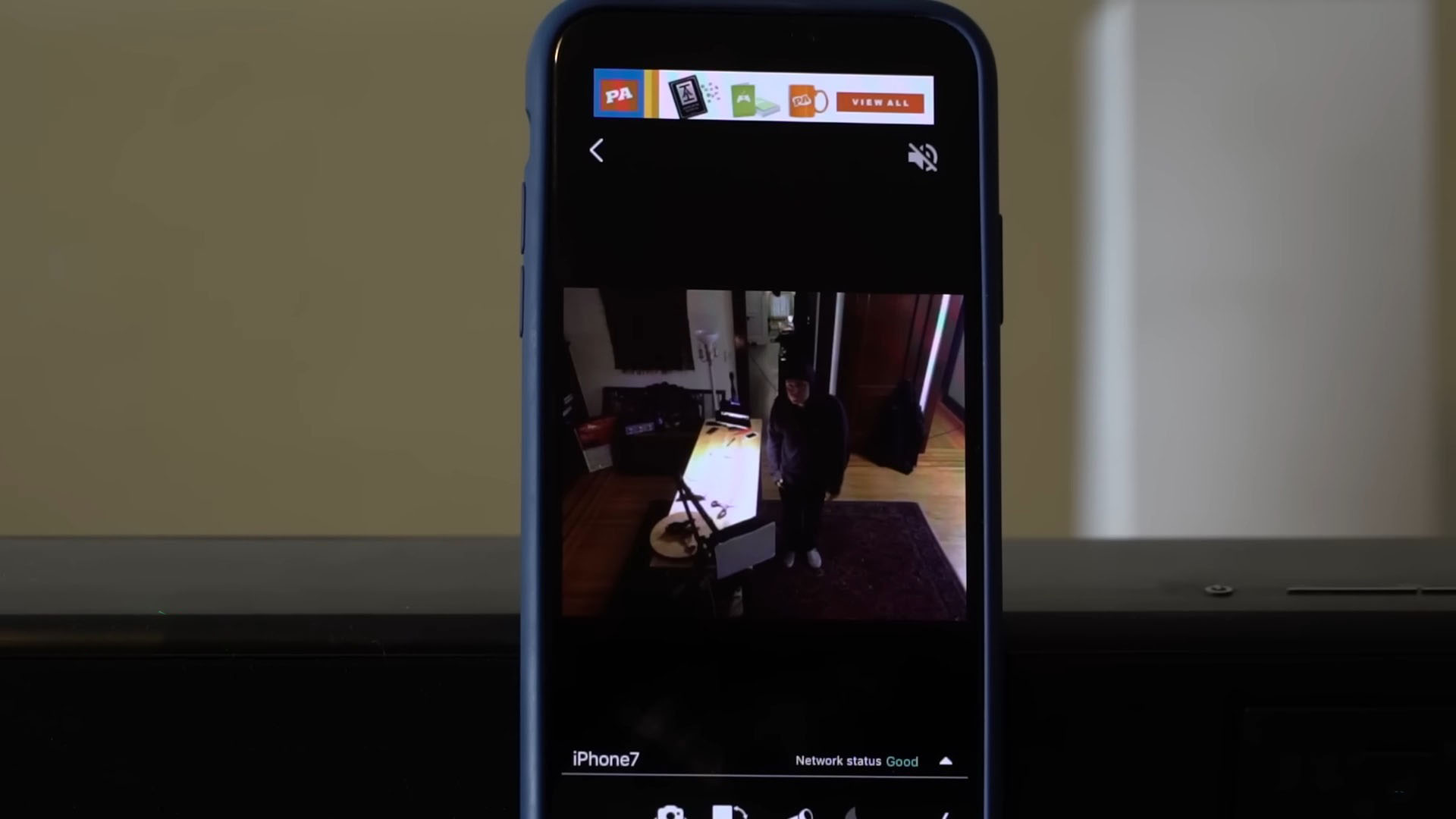
One of the most liberating aspects of a smart home security system is the ability to access and control it from anywhere. Whether I’m at work or on vacation, a quick glance at my smartphone app reassures me that my home is safe. This feature extends beyond mere surveillance; it allows for active management of the home environment, which is a game-changer for modern living.
- Camera access: Check live feeds from your security cameras anytime, anywhere.
- System adjustments: Arm or disarm your system, adjust settings, and more, all from your device.
Constant Protection
Unlike traditional systems that require manual activation, smart home security systems offer 24/7 protection. They are always on, always vigilant, and always ready to notify you of any issues. This continuous monitoring eliminates the risk of human error—forgetting to arm the system becomes a concern of the past.
- Motion detection: Advanced sensors can detect movement and alert you immediately.
- Emergency response: In case of an alarm, the system can notify emergency services for a swift response.
3. User-Friendly and Sophisticated
Today’s smart home security systems are designed with the user in mind. They are intuitive, easy to install, and even easier to operate. I was able to set up my system without professional help, and the user-friendly app made it simple to customize settings to fit my needs.
- Wireless components: Quick and easy to install without the need for complex wiring, for example Swan Wireless Cameras.
- Portable: Moving houses? Your security system can move with you, hassle-free.
Advanced and Comprehensive
Smart home security systems are not just about deterring unauthorized entry; they offer a comprehensive approach to home safety. My system monitors for more than just break-ins; it also keeps an eye on environmental dangers like smoke or carbon monoxide levels. The sophistication of these systems lies in their ability to adapt and respond to a variety of potential threats.
- Environmental monitoring: Stay informed about the safety of your home environment.
- Customizable alerts: Tailor notifications to your preferences and stay updated on what matters most to you.
4. Preventing Theft
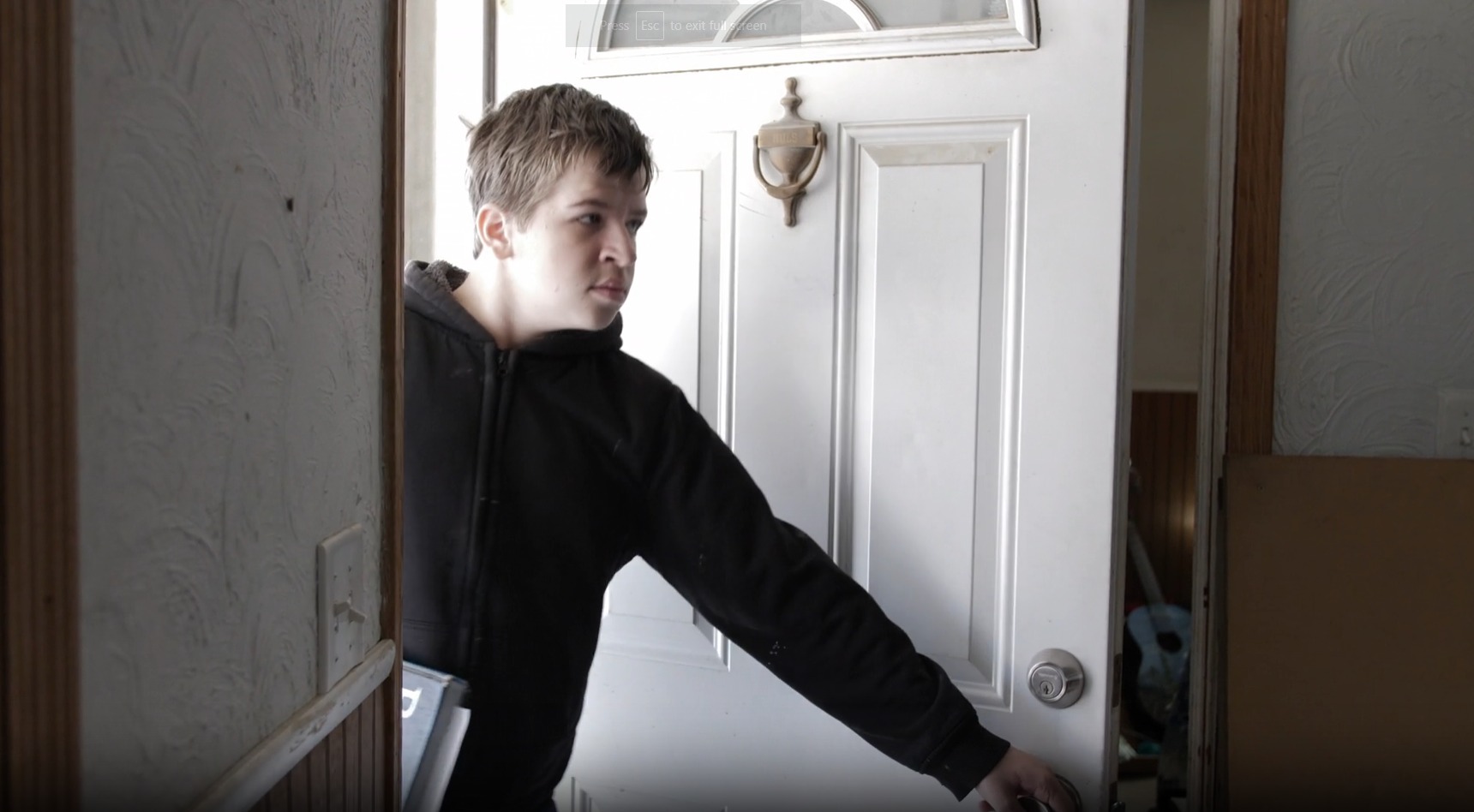
The mere presence of a smart home security system can be enough to deter potential thieves. The psychological impact of visible security measures, like wireless cameras and alarm signs, should not be underestimated. In my neighborhood, homes equipped with these systems have notably experienced fewer incidents, a testament to their effectiveness.
- Visible deterrents: Cameras and signage that make would-be burglars think twice.
- Statistical backing: Studies show that homes with security systems are less likely to be targeted.
Insurance Benefits
Not only does a smart home security system protect your home, but it can also lead to financial benefits. Many insurance companies recognize the value of these systems and offer reduced premiums for homes equipped with them. This reduction in premiums can contribute to offsetting the cost of the system itself.
- Reduced premiums: Save money on home insurance by demonstrating increased security measures.
- Risk mitigation: Lower the likelihood of incidents that could lead to insurance claims.
5. Enhanced Peace of Mind
The tranquility that comes with a smart home security system is profound. Having experienced the anxiety of leaving my home unattended in the past, the contrast with having a smart system in place is night and day. Knowing that every potential entry point is monitored and that I will be alerted to any irregularities brings a sense of calm that is hard to quantify but easy to appreciate.
- Comprehensive coverage: Every door, window, and room can be monitored.
- Immediate notifications: Whether it’s an open window or an unexpected movement, you’re informed instantly.
Proactive Security Measures
Moving beyond the reactive capabilities of traditional alarms, smart home security systems offer a proactive approach to home security. I’ve customized my system to send me reminders if I forget to lock a door or close the garage. This proactive element transforms the security system from a passive guardian to an active assistant in maintaining the safety of my home.
- Custom alerts: Set reminders for routine security checks, like ensuring doors are locked at night.
- Advanced detection: With smart systems, you’re not just alerted to breaches, but also to potential vulnerabilities.
6. Monitoring Beyond Security
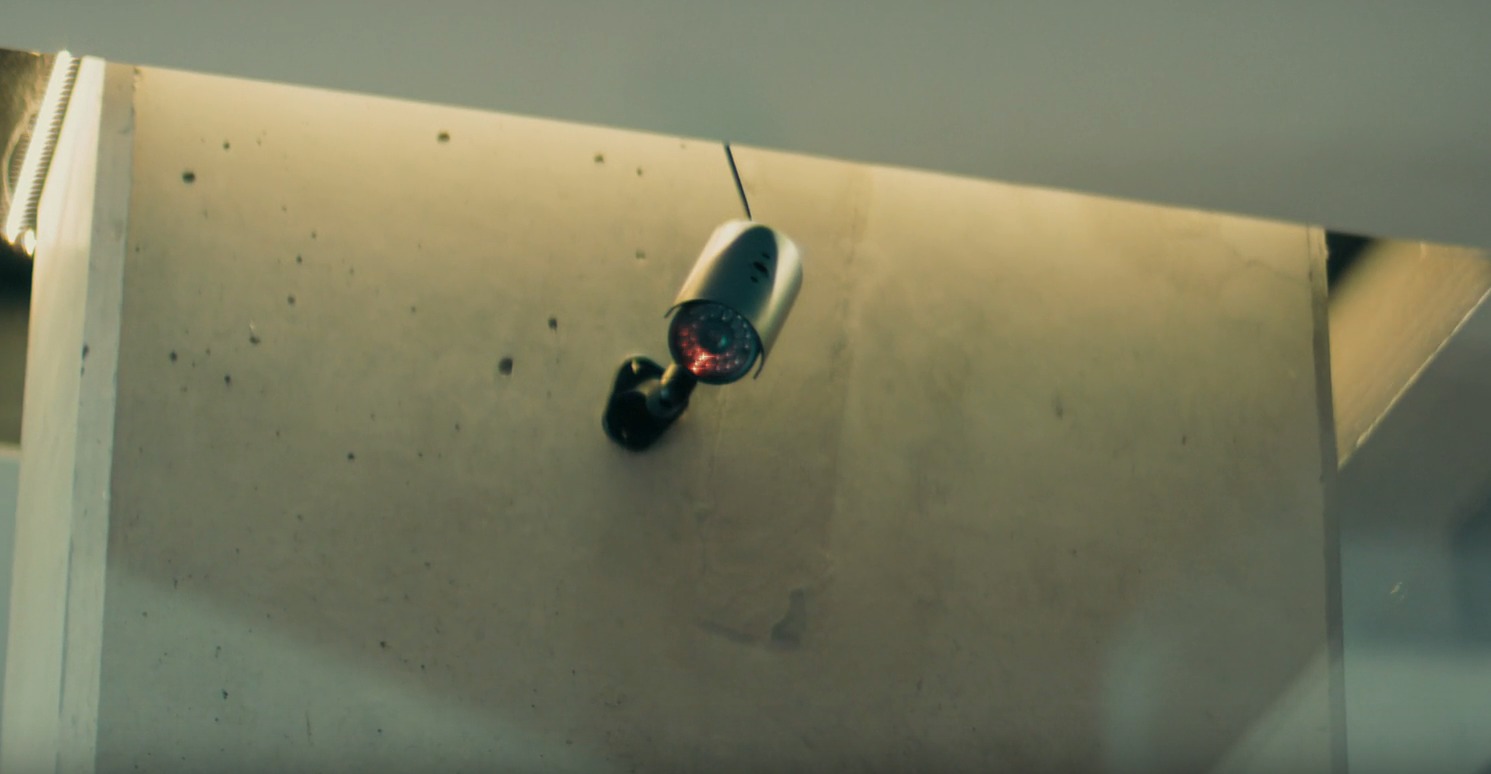
Smart home security systems extend their usefulness beyond deterring intruders; they also serve as a tool for family safety. With cameras and motion sensors, I can check in on elderly relatives or ensure that my kids have arrived home from school safely. This aspect of monitoring goes a long way in ensuring that everyone in the household is safe and sound.
- Remote check-ins: Use cameras to see how family members are doing when you’re away.
- Activity logs: Review sensor logs to track when people come and go, adding another layer of family oversight.
Control at Your Command
The level of control provided by smart home technology is unparalleled. Whether adjusting the thermostat or turning off lights, these tasks can be managed from anywhere, at any time. This has not only added convenience to my daily routine but also enhanced the efficiency of my home’s energy use.
- Remote adjustments: Change temperature settings or turn off appliances remotely.
- Scheduled automation: Program your smart home to perform certain actions at specific times.
7. Saving on Energy Bills
Smart home security systems can contribute significantly to energy savings. By controlling when and how home appliances are used, these systems can reduce unnecessary energy consumption. For instance, smart thermostats can adjust the temperature when no one is home, leading to lower heating and cooling costs.
- Intelligent scheduling: Automate heating and cooling based on your daily schedule.
- Energy usage insights: Monitor and adjust your energy consumption patterns to save money.
Enhancing Home Value
The installation of smart home technology can be a savvy investment, potentially increasing the value of your property. When it comes time to sell, a home equipped with smart security and automation features is often more appealing to buyers and can command a higher price on the market.
- Attractive to buyers: Homes with smart technology stand out in the real estate market.
- Increased valuation: Appraisers may value smart homes higher than comparable properties without these features.
8. Reliability and Up-to-Date Security
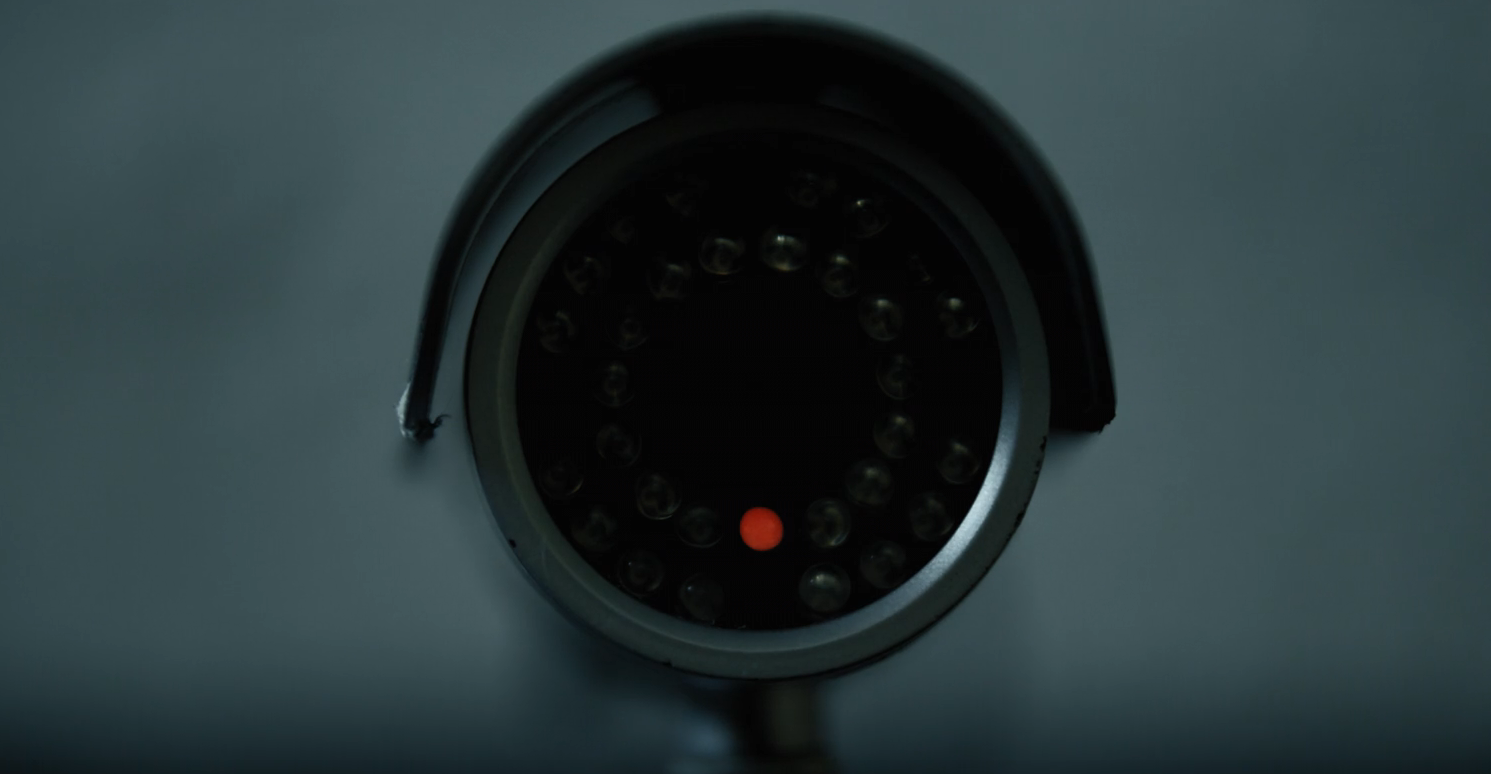
Smart home devices are designed to be reliable and secure, providing robust protection for your home. The systems are regularly updated to address any potential vulnerabilities, ensuring that your home remains a safe haven. With features like automatic locks and surveillance cameras, the security of your home is constantly reinforced.
- Regular updates: Security software is updated to protect against the latest threats.
- Secure communication: Encrypted signals between devices prevent interception by outsiders.
A Fully Integrated Smart Home
Adopting a smart home security system is often the first step in a broader move towards full home automation. The integration of various devices through the Internet of Things (IoT) allows for a level of interconnectivity and control that was once the stuff of science fiction.
- Centralized control: Manage all smart devices from a single interface.
- Scalable system: Start with security and add more smart features over time as needed.
Advantages of a Smart Home
The convenience offered by smart homes is unparalleled. With a smart home, daily routines are streamlined, and control over the home environment is enhanced. For instance, I can start my coffee maker from the bedroom or set the perfect mood lighting for dinner with a simple voice command. This level of convenience is not just about luxury; it’s about reclaiming time and effort for more important tasks or leisure activities.
- Automated tasks: Program your smart devices to handle repetitive tasks like adjusting blinds or watering the garden.
- Voice control: Use voice assistants to manage your home hands-free, adding convenience and accessibility.
Enhanced Security
Security is a cornerstone of smart home benefits. Beyond deterring theft, smart homes can notify you of potential safety issues, like a water leak or a stove left on. For those with mobility issues or the elderly, smart security features can be life-saving, providing emergency services with quick access to the home if needed.
- Instant alerts: Get notified of security breaches or environmental dangers immediately.
- Access control: Grant or revoke access to your home remotely, ensuring only authorized individuals can enter.
Care Solutions for the Elderly and Disabled
Smart homes can be particularly beneficial for the elderly or those with disabilities. Automated systems can reduce the need for physical exertion, and remote monitoring can provide family members with updates on their loved one’s well-being without being intrusive.
- Health monitoring: Use smart health devices to keep track of vital signs and alert caregivers in case of an emergency.
- Accessibility: Customize smart home setups to cater to the unique needs of individuals with disabilities, enhancing their independence.
Challenges and Considerations
While smart homes offer numerous benefits, the complexity of setting up and managing a smart home ecosystem can be daunting for some. The market is flooded with various devices and standards, making the selection and integration process potentially overwhelming. It’s crucial for manufacturers to prioritize user-friendliness and for consumers to seek out systems that offer straightforward setup and operation.
- User education: Invest time in learning how your smart home devices work to make the most of their capabilities.
- Professional assistance: Consider hiring a smart home consultant or technician to design and implement a system tailored to your needs.
Security Risks and Data Privacy
The more connected our homes become, the more they are susceptible to cyber threats. Smart home devices, from thermostats to cameras, can be entry points for hackers if not properly secured. Moreover, the data collected by these devices can be sensitive, and its management raises privacy concerns.
- Regular updates: Keep all devices updated with the latest firmware to protect against vulnerabilities.
- Strong network security: Use robust passwords, encryption, and secure Wi-Fi networks to shield your smart home from cyber-attacks.
The Cost of Smart Home Technology
While prices have been falling, the cost of smart home technology can still be a barrier. Initial setup, especially if opting for a fully integrated smart home, can be expensive. However, many find that the long-term savings and benefits justify the upfront investment.
Basic Smart Home Setup Costs:
- Smart Hub/Controller: $50 – $200
- Smart Lights: $20 – $50 per bulb
- Smart Plugs: $15 – $40 per plug
- Smart Thermostat: $100 – $250
- Smart Locks: $100 – $300 per lock
- Smart Security Cameras: $30 – $200 per camera
- Smart Doorbell: $100 – $250
- Smart Smoke/CO Detectors: $30 – $120 per detector
Total for Basic Setup: Approximately $445 – $1,410
Moderate to Advanced Smart Home Setup Costs:
- Advanced Smart Home Hub (with more integrations and features): $100 – $300
- Smart Lighting Kit (multiple bulbs + hub): $80 – $200
- Smart Plugs (pack of 4): $50 – $160
- Higher-End Smart Thermostat: $200 – $300
- Smart Locks with Advanced Features: $150 – $400 per lock
- Outdoor Smart Security Cameras with Advanced Features: $100 – $400 per camera
- Video Doorbell with Advanced Features: $150 – $300
- Smart Smoke/CO Detector with Additional Features: $100 – $200 per detector
- Smart Blinds/Shades: $100 – $500 per window
- Smart Speakers/Displays: $50 – $300 per device
- Professional Installation Fees: $0 (DIY) – $1,000+ (depending on the complexity and number of devices)
Total for Moderate to Advanced Setup: Approximately $980 – $3,760+
Additional Considerations:
-
- Monthly Subscription Fees: Some smart home devices require a monthly subscription for full functionality, especially security-related devices. These can range from $5 to $50 per month.
- Network Upgrades: If you have many smart devices, you might need a more robust Wi-Fi system or additional routers, which can cost $100 – $300.
- Ongoing Maintenance: Replacement of batteries, occasional repairs, or upgrades over time.
Interoperability Between Devices
A significant challenge in the smart home space is the lack of standardization, which can lead to issues with interoperability between devices from different manufacturers. This can limit the functionality and convenience of a smart home.
- Research compatibility: Before purchasing, ensure new devices are compatible with your existing ecosystem.
- Open standards: Support and invest in devices that promote open standards for better interoperability.
Are Smart Home Devices a Worthwhile Investment?
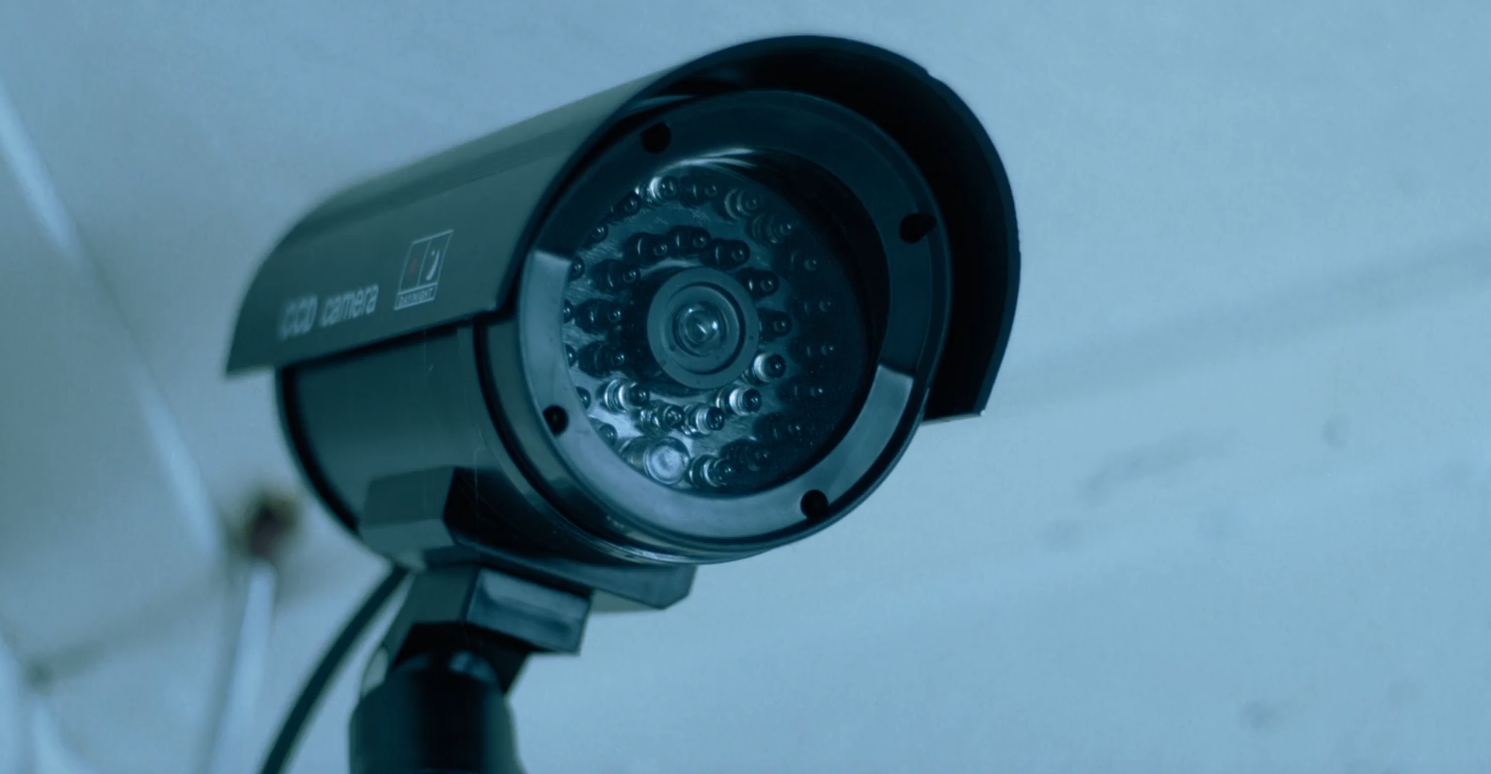
From my personal experience, investing in smart home devices has been a game-changer. They’ve not only enhanced the security of my valuables but have also played a pivotal role in deterring potential thefts. The financial benefits are tangible, too—my insurance premiums have dipped since I integrated smart technology into my home. So, in my book, the cost of smart gadgets is justified by the savings and peace of mind they bring.
Enhancing Lifestyle with Smart Home Technology
Living with smart home technology has simplified my life in ways I didn’t anticipate. The ability to control various aspects of my home with a simple voice command or a tap on my smartphone is not just convenient; it’s empowering. It’s about more than just turning off lights or locking doors—it’s the comfort and security that come with knowing my home is protected and energy-efficient, which, in turn, reduces my living costs.
The Necessity of It
Reflecting on the necessity of a home security system, I’ve come to realize that it’s not just a luxury—it’s a deterrent. The presence of a security system significantly lowers the chances of my home being targeted by burglars. It’s a sobering thought that homes without such systems are more vulnerable. For me, a security system complements basic security measures like window locks, creating a robust defense against home invasions.
The True Value
Having a security system isn’t just about preventing theft. It’s about the added layers of protection, like smoke detectors and carbon monoxide alarms, that could potentially save lives and property. The monitoring services keep me informed about the status of my home, providing an extra layer of vigilance. It’s important to balance the cost against the benefits, much like any insurance policy, to determine if it aligns with your security goals.
The Cost Factor
The financial aspect of smart homes can’t be ignored. The cost can vary widely based on how extensive you want your system to be. While I’ve seen high-end, professionally installed systems that come with a hefty price tag, there are also more budget-friendly options available. It’s worth noting that some features, like ongoing surveillance, might incur a monthly fee, but for me, the benefits far outweigh these costs.
Vulnerability to Hacking

In today’s connected world, the risk of hacking is a reality for any device that’s online, and smart home systems are no exception. I’ve taken steps to fortify my home against such threats, like creating complex passwords and regularly updating them. Ensuring my home network is secure and adding extra layers of protection has become a routine part of my smart home maintenance.
The Deterrent Effect of Cameras
As for security cameras, they’re not just for monitoring—they’re a deterrent. The presence of cameras has bolstered the security of my home threefold, making it a far less attractive target for burglars compared to homes without such surveillance.
FAQ
Can smart home security systems work during power outages?
Yes, many smart home security systems have backup batteries to ensure they continue to operate during power outages. It’s important to check the battery life and consider the system’s connectivity options, such as cellular backup, in case your Wi-Fi is also down.
How do smart security systems handle false alarms?
Smart security systems often have customizable sensitivity settings to help reduce false alarms. Users can adjust these settings and create ‘safe zones’ to prevent pets or routine movements from triggering the alarm. Some systems also allow for a brief delay to cancel accidental triggers via the app.
Are there any additional fees associated with smart home security systems?
While many smart security systems offer basic functionality without ongoing fees, some features, such as professional monitoring services, cloud storage for video recordings, or advanced home automation capabilities, may require a monthly subscription.
How user-friendly are smart home security systems for non-tech-savvy individuals?
Many smart home security systems are designed with user-friendliness in mind, offering simple setup procedures and intuitive apps. However, the level of user-friendliness can vary between systems, so it’s advisable to read reviews and possibly test the system before purchasing.
Can I integrate existing traditional security systems with new smart home technology?
Some smart home security systems can integrate with existing traditional systems, but this depends on the compatibility of the devices. It’s best to consult with the manufacturer or a professional installer to understand your options.
What happens to my smart home security system if I move to a new house?
Most smart home security systems are portable and can be moved to a new location. You’ll need to uninstall the devices and reinstall them at your new home. Keep in mind that you may need to update your address with the monitoring service and reconfigure your system to suit the new environment.
Do smart home security systems require regular maintenance?
Like any technology, smart home security systems require some maintenance to ensure they function correctly. This includes checking battery levels, performing software updates, and occasionally cleaning devices like cameras and sensors.
How do I ensure the privacy of the data collected by my smart home security system?
To protect your privacy, use strong, unique passwords for your devices and Wi-Fi network, enable two-factor authentication if available, and regularly review the privacy settings on your devices. Additionally, be cautious about sharing access to your system and monitor who has permissions.
Conclusion
The smart home revolution is transforming how we interact with our living spaces, offering significant advantages in convenience, security, and care for the elderly or disabled. However, these benefits come with challenges that must be navigated carefully.
By understanding and addressing the complexities, security risks, and costs associated with smart home technology, homeowners can create a secure, efficient, and comfortable environment that meets their needs and enhances their quality of life. As we continue to embrace these technologies, it’s essential to remain informed and proactive in managing the smart home ecosystems we build.

